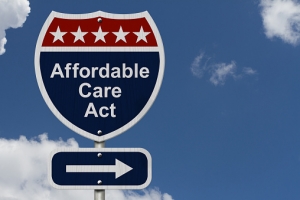ACA
People who have access to affordable coverage from their employer are ineligible to receive subsidies through the Health Insurance Marketplace, also known as the Exchange. For 2017, coverage is considered affordable if the employee’s share of premium for self-only coverage is 9.69% or less of their household modified adjusted gross income.
New service keeps you on track!
The world of ERISA, HIPAA, COBRA and general health care compliance is increasingly complex for businesses. Flexible Benefit Service LLC (Flex) wants to make sure nothing falls through the cracks.
Flex now offers Compliancedashboard® - a turnkey solution to help you make sense of your compliance obligations and minimize your risk. This simple, web-based compliance system gives your organization the information you need, when you need it.
The Affordable Care Act (ACA) continues to evolve. Here are 10 changes expected to take effect in 2017.










